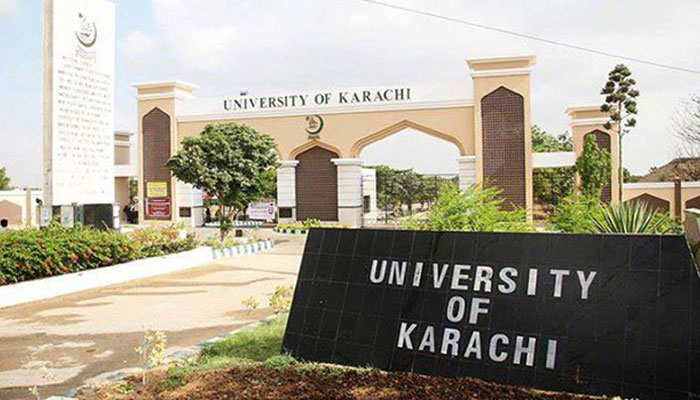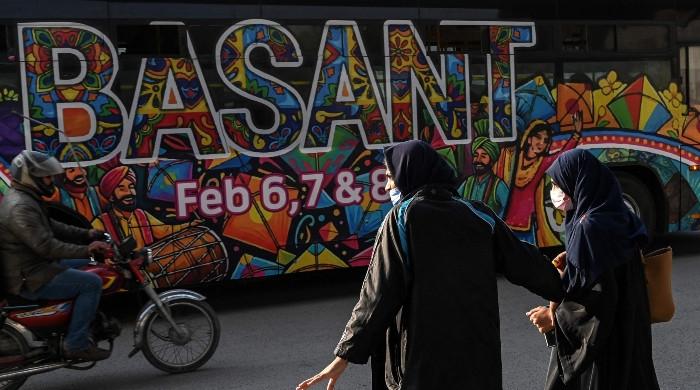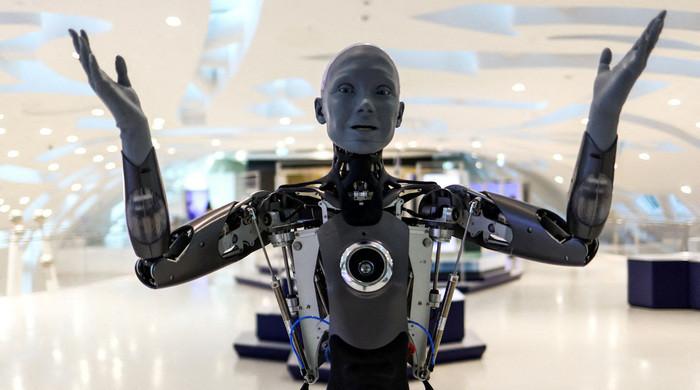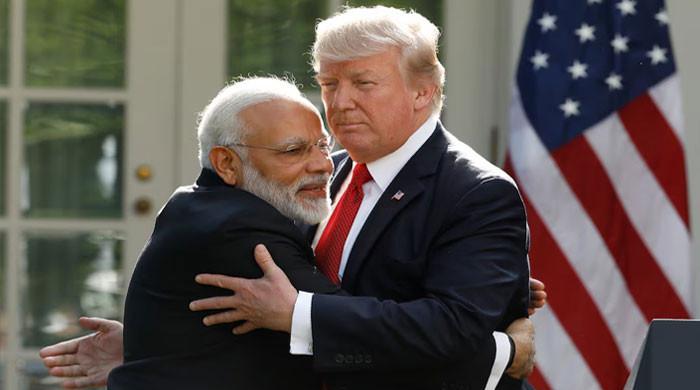Whispers in campus corridors
We often think of college and university campuses as places where thoughts flourish and ideas of all kinds mix to create something closer to real-life situations than the more controlled...
September 14, 2017

We often think of college and university campuses as places where thoughts flourish and ideas of all kinds mix to create something closer to real-life situations than the more controlled environments most children have experienced within their schools. Over the years, this mingling and the fact that most young people enjoy experimenting with ideas and perhaps rebelling against what they have been conditioned to learn has encouraged unconventional and often liberal ideas to grow on campuses.
We seem to be experiencing a rare condition where this similar experimentation has led to the growth of extremist thought within the classrooms and corridors of our most prestigious institutes of higher learning. In at least five different cases that have been reported within the past two years, those who have either graduated from top universities or are still students at these institutes have been involved with terrorist organisations and, in some cases, have been actively involved in committing crimes. We have a set of examples to prove this.
The 2015 bus attack on Ismailis in Karachi, which killed at least 43 people, was carried out by highly educated individuals who had obviously put the sophisticated plan together on their computers and other devices. We have also heard of the girl who apparently fled her medical college in Hyderabad to link up with an extremist outfit in Lahore and possibly volunteer as a suicide bomber.
More recently, the attack on a major Karachi-based politician has been attributed to a graduate of the city’s largest university. Mashal Khan was killed by educated peers at a university whose charter states that it aims to promote liberal thinking. Several other acts of terrorism, including the murder of a social worker in Karachi and assaults on other activists, have been attributed to university graduates who are, in many cases, apparently linked to dangerous outfits including the IS.
Administrations at universities concede that the IS has been extremely active in attempting to recruit young people through websites and social media contact. Students who are away from home – sometimes for the first time – are especially vulnerable to such contact and the idea of acquiring power or breaking away from the norm. Such acts of rebellion were witnessed across the world in the 1960s and also played a major role in overthrowing the Ayub Khan government in 1969. Students who led the liberal groups that spearheaded the movement bravely confronted persecution to carry on with their mission.
The change that has come about since then in the nature of how students think and act is deeply alarming. It is, of course, tied to other realities in our country. At the same time, it is true that around the world many top university campuses remain places where liberal ideas still flourish. College students in the US oppose Trump’s policies and stage protests against them. The same has been true in Europe and other parts of the world.
Why then are we different? Some reasons are obvious ones. The severe and sudden crackdown on student unions under General Ziaul Haq in the 1980s effectively ended the era of liberal dissent and debate at campuses. At the same time, the deliberate promotion of the right-wing Islami Jamiat-e-Talaba promoted the gradual hold of this group on campuses across the country, including the most prominent ones in Lahore, Karachi and other cities.
Their rule overrode the authority of university administrations and the iron-hold granted to them meant that anything that remained of liberal feelings was squeezed out from university life. Symbolic events, such as the burning of selected books removed from the Punjab University’s library – which included classical texts such as Jane Eyre – simply promoted a culture where thought was not permitted to flourish.
There was a brief rebirth of unions under Benazir Bhutto. But this did not last long. The liberal groups we knew in the 1960s and the 1970s have all but vanished. Even at universities such as the Abdul Wali Khan University campus in Mardan – where the philosophy of the family that founded it should have had some impact – Mashal Khan, a student who displayed posters of Che Guevara on his walls and spoke of left-wing ideas, was accused of blasphemy as a result of a conspiracy hatched alongside the university administration for its own purposes. He was brutally beaten and shot to death.
This act will clearly not encourage others to come forward. Indeed, it was fear that held back students at the Lahore University of Management Sciences from supporting efforts to organise a debate on Balochistan on their campus and the discussion was eventually cancelled. When universities cannot act as centres of debate and open discussion, we essentially have a doomed society.
The problem also runs deeper than a simple ban on student unions. It begins with the deliberate suppression of thinking at a much earlier stage that begins in primary schools. When children are brought up in a culture of intolerance, they take it further with them in life. We no longer seem to be affected by these acts of extreme intolerance. Sharoon Masih’s death at his high school in Burewala made very little news. Sharoon had been ostracised as a Christian, called a ‘chura’ and finally attacked for drinking water from the same cup as his Muslim peers. Teachers appeared to have ignored his violent murder in a classroom where the educator in charge said that he did not notice as he read his newspaper.
In this situation, the proposal that records of university students be handed over to the intelligence agencies to detect those holding extremist ideas may lead to further dangers. We have no reason to believe that this data will be used responsibly or for the correct purpose. Indeed, it is hard to see how even a well-trained agent would read between the lines of formal records and pick out extremist thought.
The suggestion that other students and teachers should be interviewed is a still more dangerous one. There is a strong possibility that in a situation where even posts on social media can lead to severe penalties and blasphemous content is banned, such information could be misused against the few who still dare come up with non-conformist ideas. Our universities must instead concentrate on building an environment in which thinking, reading, dialogue and debate is encouraged. A diversity of groups operating on campuses – as is the case in most other nations – could help give students the platform they need to project their ideas and have them criticised. This after all is a crucial learning process.
Without debate, we cannot take ideas further or develop new ones. The notions of discussion and academic argument have virtually died a quiet death on our campuses. These ideas need to be revived. Ideally, the process should be a wider one, beginning at schools and extending towards the media. This will be a difficult process to create. But in one way or the other, it must be done as the only means to hold back extremist infiltration into our campuses and lure our bright young minds away from causes that are essentially evil and present terrible dangers to society.
The writer is a freelance columnist and former newspaper editor.
Email: [email protected]
This article was originally published in The News
Originally published in The News











